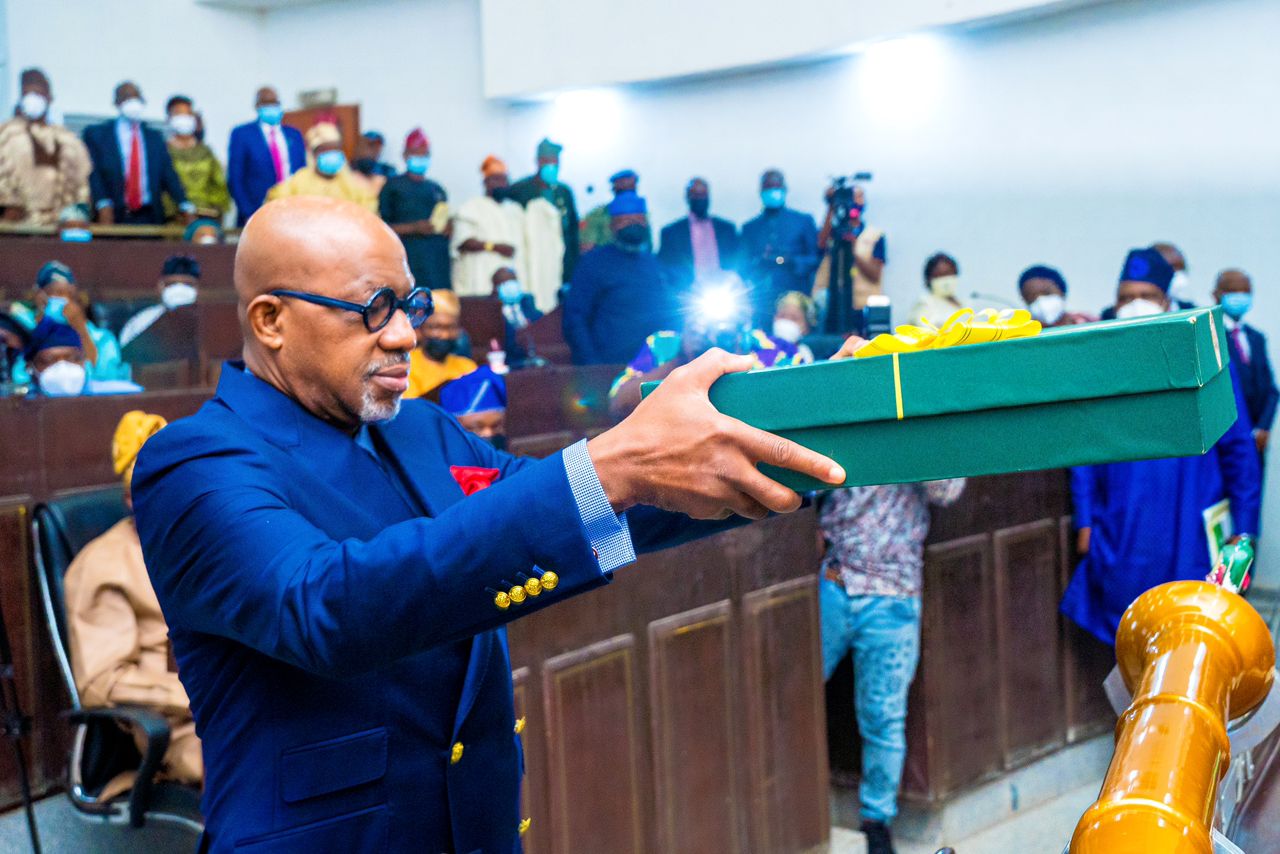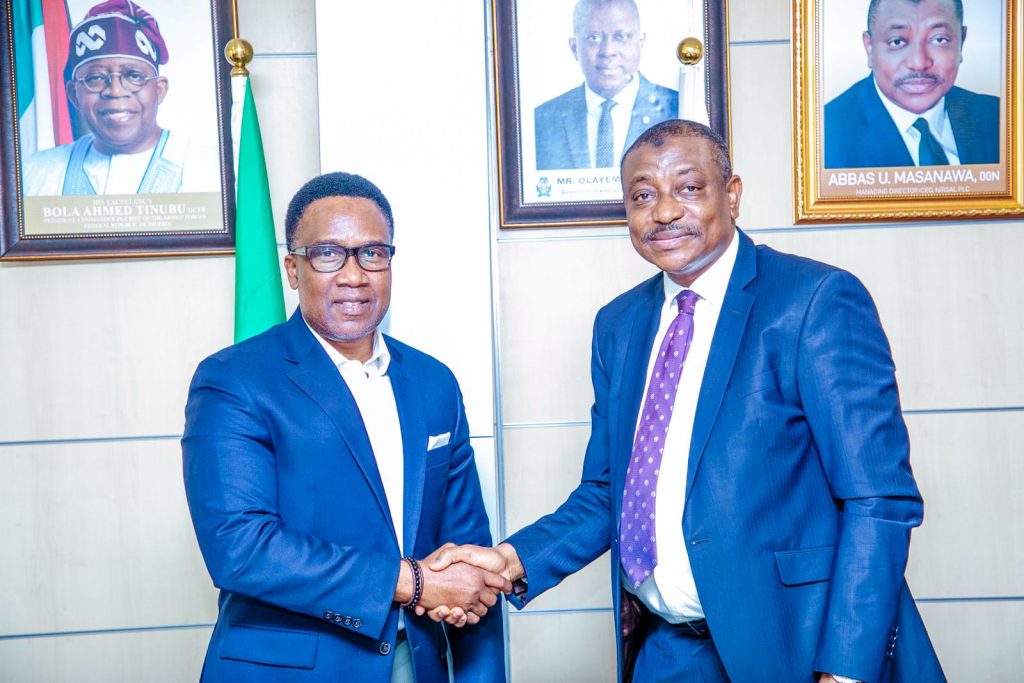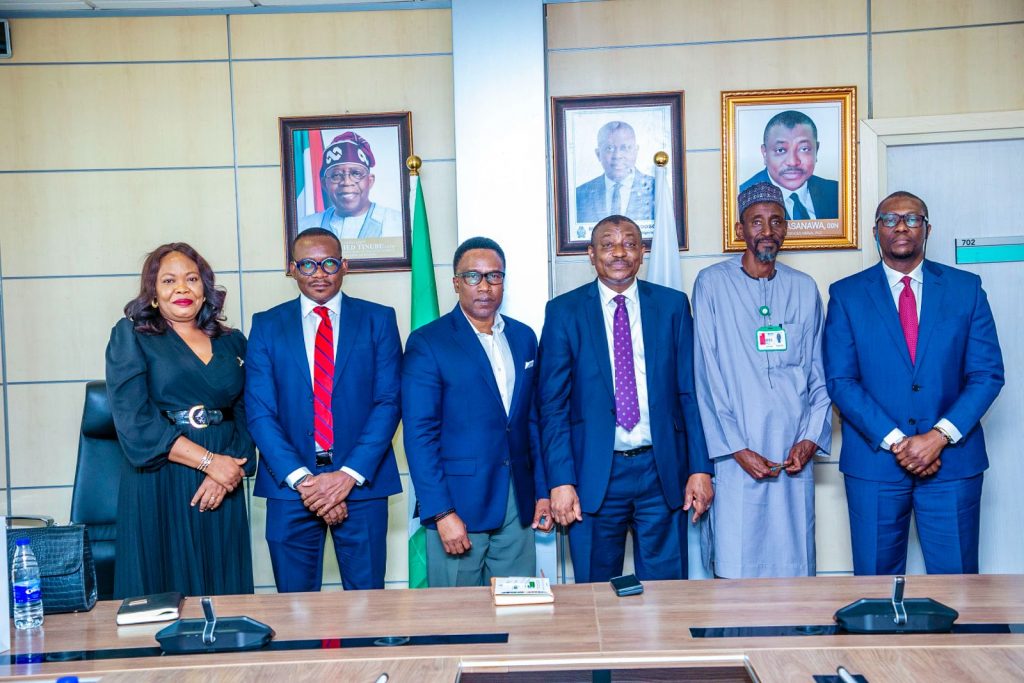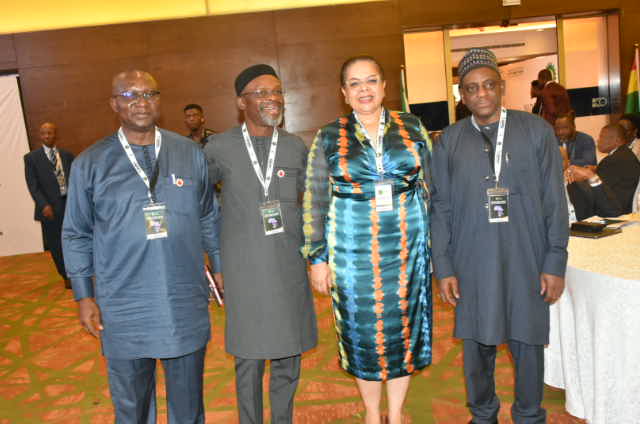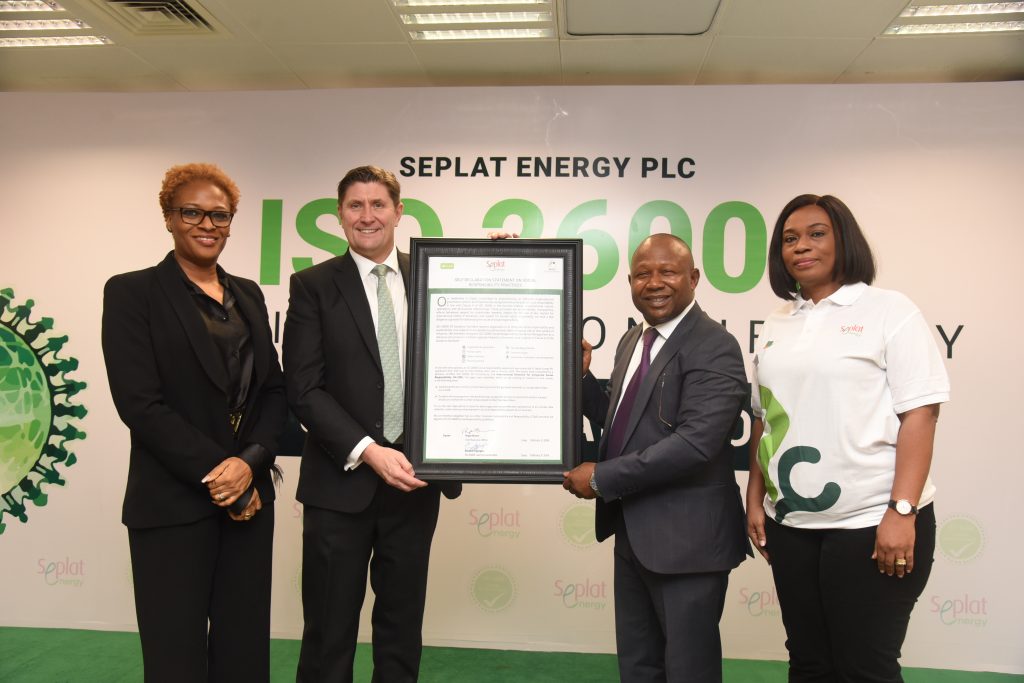Ogun 2022 Appropriation Bill: Abiodun presents N351bn ‘Budget of Restoration’
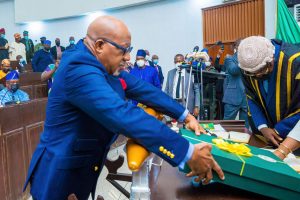
Abiodun
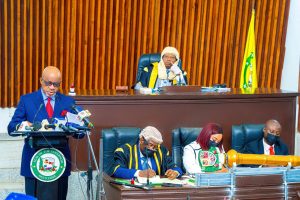

LEKE ONANUGA (ABEOKUTA)
SPONSORED BY: H&H
Ogun State Governor, Prince Dapo Abiodun, on Tuesday presented a sum of N351bn as the proposed appropriation bill for the year 2022 before the House of Assembly.
Abiodun, while presenting the fiscal proposal christened ‘Budget of Restoration’, said the main task of his administration next year is to increase pace of the implementation of its development plan as already designed and encapsulated in the ‘Building Our Future Together’ agenda.
Adding that the budget for 2022 will also seek to sustain and improve on the gains so far made in the delivery of good governance to the people of Ogun State, Abiodun noted that the state under his watch, has begun moving very steadily towards full recovery from the effects of the COVID-19 pandemic.
He said his administration’s budget credibility as determined by performance in year 2021 was better than what Ogun has ever had in its history while noting that his administration was able to achieve 80% IGR as of September 30, 2021.
He said: “Judging from our Internally Generated Revenue, we were able to achieve 80% IGR as at 30th September of this year. A brief detail of this, indicates that out of the State IGR Budget size of N121, 806,876,775.63 this year, a sum of N73, 064,877,599.72 was generated as at Q3 September ending, translating to 80% proportional performance, as against 44% proportionate performance recorded in Q3 2020. This indicates an improved performance, owing to the digitalisation of our processes and the introduction of Central Billing System, amongst others.
“A further break down reveals that, out of a total estimation of N338.61Billion projected as total funding, comprising of expected inflows N121.81B as IGR; N58.87 Billion as Statutory Allocation/ Value Added Tax and N139.53 Billion as the Capital Receipts, respectively. As at September ending, Q3 2021, the actual total funding was N177.02 billion representing 70% of the prorated revenue target of N253.96 billion”, he stated.
The governor said that despite the economic constraints, his administration has made modest progress within the available limited resources in the outgoing year by carrying out people-oriented projects such as road re-construction and rehabilitation across the three senatorial Districts of the state; health care delivery; education sector revitalization; affordable housing projects; agricultural development; digital and technological revolution; better sports development; and, improved welfare of workers, among others.
While pointing out that three town hall meetings were held to have inputs of the people and shape the priorities of his administration in preparing the 2022 budget, Abiodun, said “the proposed appropriation bill would focus on completion of existing projects; projects with revenue potential; projects consistent with priorities articulated in the State Economic Development Strategy and projects that can enhance employment generation”.
The governor said that the estimated N350.74 billion for the year 2022 will be funded through the Ogun State Internal Revenue Service (OGIRS) expected to generate N56.30b, while other Ministries, Departments and Agencies (MDAs) estimated to generate N96.87 billion totaling N153.17 billion.
He added that N73.01b is expected from statutory allocation (FAAC and VAT), while capital receipt – internal and external loans, grants and aids – is estimated at N124.56 billion.
Abiodun, who explained further that 51 percent capital expenditure has been achieved in view of the need to drive his administration’s developmental objectives, said that recurrent expenditure for 2022 will gulp N154b, while capital an aggregate sum of N170b will made available for capital expenditure, which according to him is an increase of N10b over the sum approved for the 2021 budget.
Highlighting the proposed budget, the governor announced infrastructure to take the lion share of N77,775b, representing 22% of the total budget.
This was followed by education and health sectors with proposals of N56,071.21b and N35,073.51b, representing 16% and 10% of the total budget, respectively.
Abiodun, however, noted that N170billion allocated to capital expenditure is to chart economic recovery growth through investment in physical projects that will create enabling environment for investment, create employment and trigger redistribution of resources.
He added a total sum of N7.7b is provided for transfers to the Stabilization
Fund to insulate and position the state towards unprecedented activities or economic shocks.
The governor thanked the Ogun State House of Assembly for its continued collaboration and cooperation within the ambits of the Separation of Powers, soliciting for its unflinching support to enable the the executive and the legislature collectively deliver on their promises in the coming year.
“Let me re-emphasize that the people of Ogun State expect that the 2022 Budget will contain only implementable and critical projects, which when completed, will significantly address current structural challenges of the economy, improve the business environment and accelerate economic recovery.
“I have directed all Commissioners, Accounting Officers and Heads of Agencies to be personally available for budget defence”, he stated.
Abiodun also appreciated the Ogun people for the trust and confidence they have reposed in his administration.
“We appreciate the invaluable support, cooperation, and prayers of all stakeholders. Our gratitude goes to our political class; our revered Royal Fathers, Elder Statesmen, our Religious leaders, Development Partners, Non-Governmental Organizations (NGOs), Market Women and Men and indeed our Public Servants. We also thank our critics. As our supporters continue to motivate us, our critics are also challenging us to do more. That is the whole essence of democracy. I thank all of us”, Abiodun submitted.

 News5 years ago
News5 years ago
 News5 years ago
News5 years ago
 News5 years ago
News5 years ago
 News5 years ago
News5 years ago
 Politics5 years ago
Politics5 years ago
 Politics5 years ago
Politics5 years ago
 Politics5 years ago
Politics5 years ago




